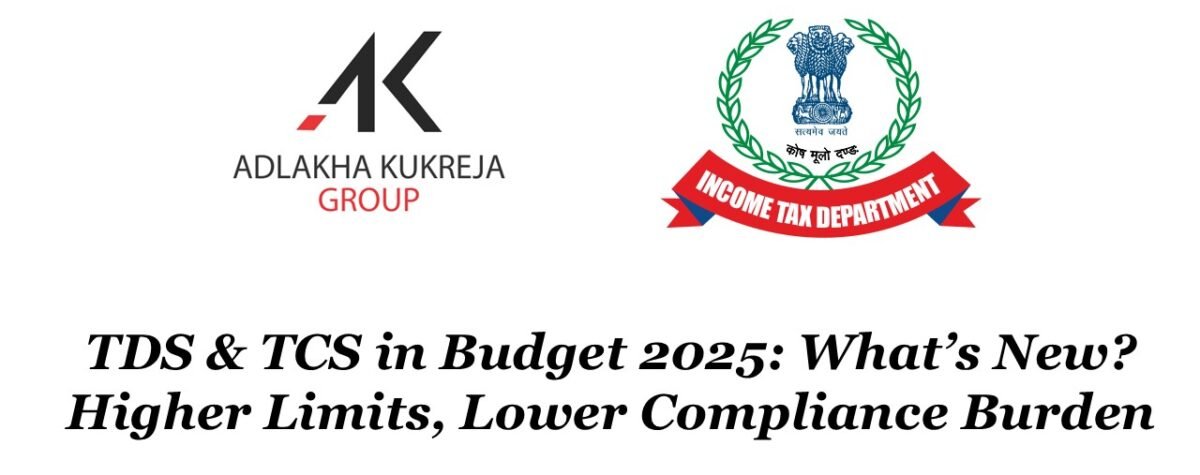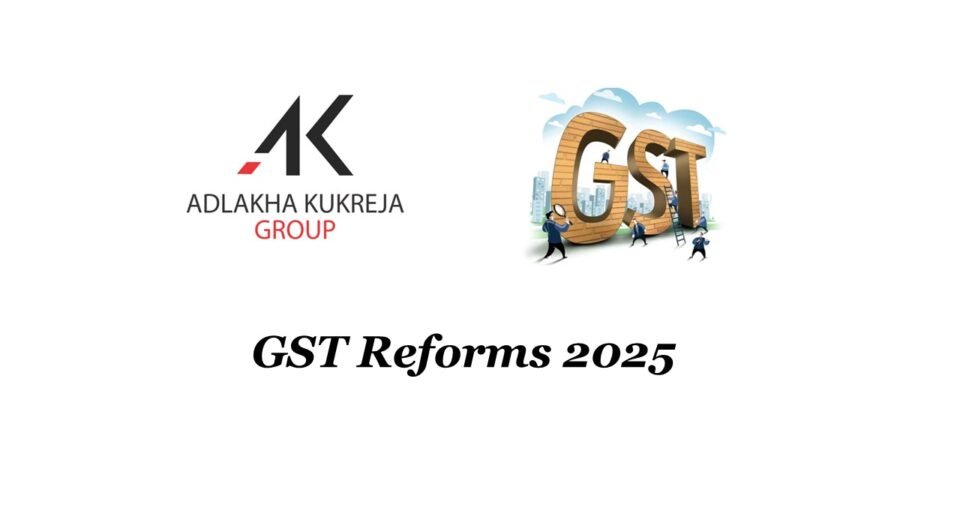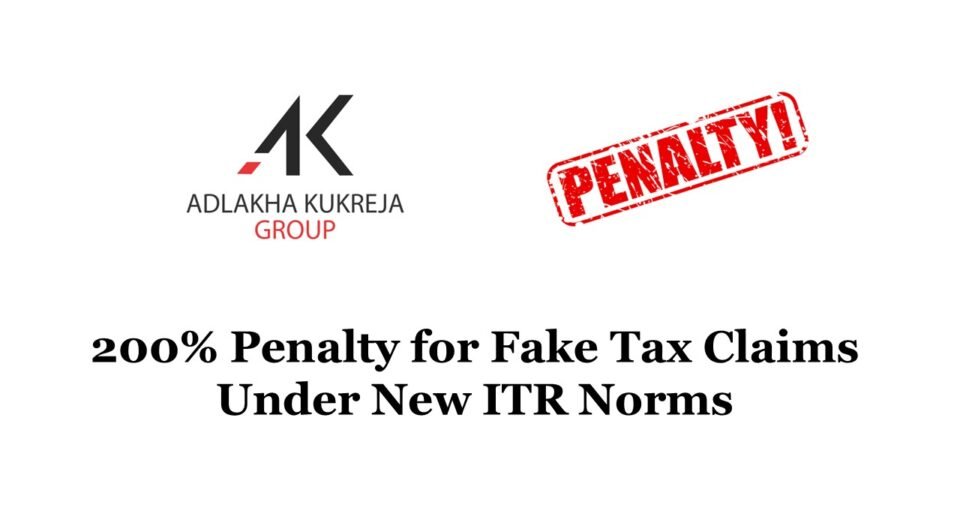
TDS Rates FY 2025-26: Latest Chart, Limits and Exemptions
February 26, 2025
Form 27EQ: TCS on Luxury Goods and Collectibles
April 23, 2025The Union Budget 2025 has introduced significant changes to Tax Deducted at Source (TDS) and Tax Collected at Source (TCS) provisions, impacting businesses and taxpayers alike. These changes include increased exemption thresholds, revised deduction rates, and updated compliance requirements, all aimed at streamlining tax administration and improving cash flow management. By easing the TDS and TCS burden, the government seeks to enhance liquidity for businesses while ensuring tax compliance remains efficient and effective. In this blog, we break down the latest updates and their implications for individuals and businesses.
1. TCS on Sales Above ₹50L Removed
Under Section 206C(1H) of the Income Tax Act, sellers were required to collect 0.1% TCS on sales exceeding ₹50 lakh from a buyer in a financial year. However, from April 1, 2025, this provision will no longer be applicable, reducing compliance burdens for businesses.
2. Higher TDS/TCS for Non-Filers Removed
Sections 206AB and 206CCA, which mandated higher TDS/TCS rates for non-filers of income tax returns (who do not provide their Permanent Account Number (PAN), will be omitted from April 1, 2025, making tax deductions and collections straightforward.
3. No Prosecution for TCS Delay
Under Section 276BB, prosecution will not be initiated for delayed TCS payments if the amount is deposited before the due date of the quarterly TCS statement (Section 206C(3)). This applies from April 1, 2025.
4. Revised TCS on Forest Produce
Only forest produce (excluding timber and tendu leaves) obtained under a forest lease will be subject to TCS. The TCS rate for timber and other forest produce obtained under a forest lease or other means will be reduced to 2% (from 2.5%).
5. The increased TDS thresholds across following sections reduce compliance burdens, exempt more transactions, and enhance ease of doing business:
| S. No | Section | Current Threshold | Proposed Threshold |
| 1 | 193 – Interest on securities | Nil | Rs. 10,000/- |
| 2 | 194A – Interest other than Interest on securities | (i) Rs. 50,000/- for senior citizen; | (i) Rs. 1,00,000/- for senior citizen; |
| (ii) Rs. 40,000/- for others (when payer is bank, cooperative society and post office); | (ii) Rs. 50,000/- for others (when payer is bank, cooperative society and post office); | ||
| (iii) Rs. 5,000/- in other cases | (iii) Rs. 10,000/- in other cases | ||
| 3 | 194 – Dividend for an individual shareholder | Rs. 5,000/- | Rs. 10,000/- |
| 4 | 194K – Income in respect of units of a mutual fund or specified company or undertaking | Rs. 5,000/- | Rs. 10,000/- |
| 5 | 194B – Winnings from lottery, crossword puzzle, etc. | Aggregate of amounts exceeding Rs. 10,000/- during the financial year | Rs. 10,000/- in respect of a single transaction |
| 6 | 194BB – Winnings from horse race | Aggregate of amounts exceeding Rs. 10,000/- during the financial year | Rs. 10,000/- in respect of a single transaction |
| 7 | 194D – Insurance commission | Rs. 15,000/- | Rs. 20,000/- |
| 8 | 194G – Income by way of commission, prize etc. on lottery tickets | Rs. 15,000/- | Rs. 20,000/- |
| 9 | 194H – Commission or brokerage | Rs. 15,000/- | Rs. 20,000/- |
| 10 | 194-I – Rent | Rs. 2,40,000/- during the financial year | Rs. 50,000/- per month or part of a month |
| 11 | 194J – Fee for professional or technical services | Rs. 30,000/- | Rs. 50,000/- |
| 12 | 194LA – Income by way of enhanced compensation | Rs. 2,50,000/- | Rs. 5,00,000/- |
Conclusion:
Whether you’re a business owner, salaried individual, or tax consultant, staying informed about TDS thresholds, exemptions, and compliance requirements will help you avoid penalties and streamline tax filings.
You may find our other blogs below:
Who should file an Income Tax Return (ITR)?: Click here
Old Tax Regime vs New Tax Regime: Click here
Budget 2025 Direct and Indirect Changes: Click here
Source Info: https://incometax.gov.in/




